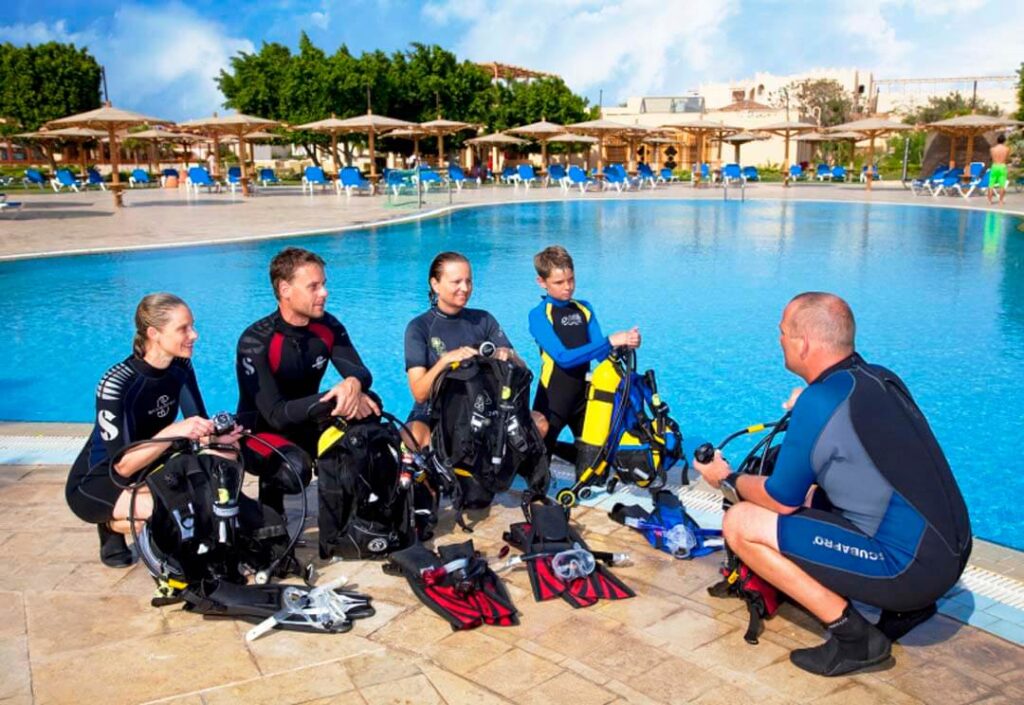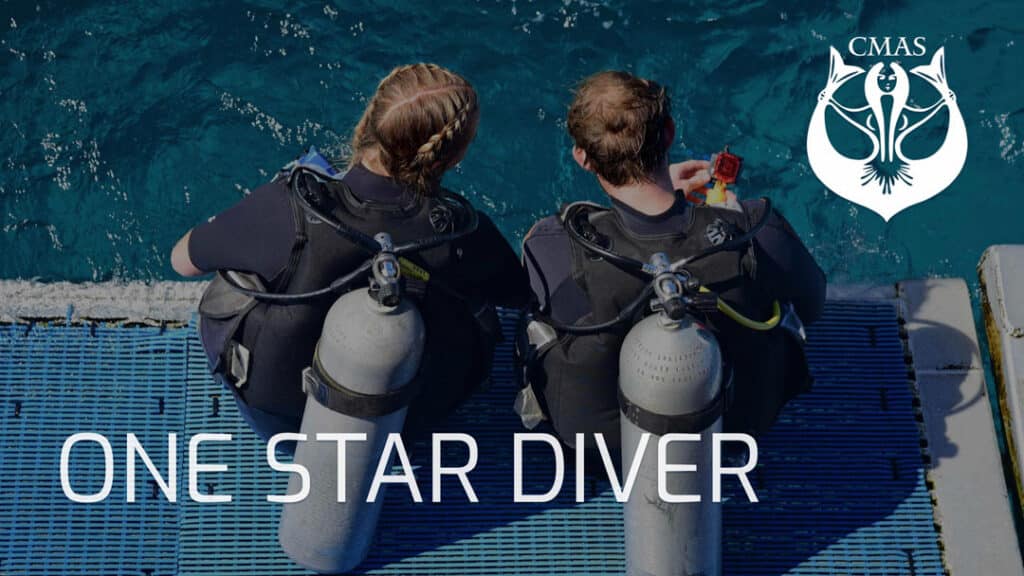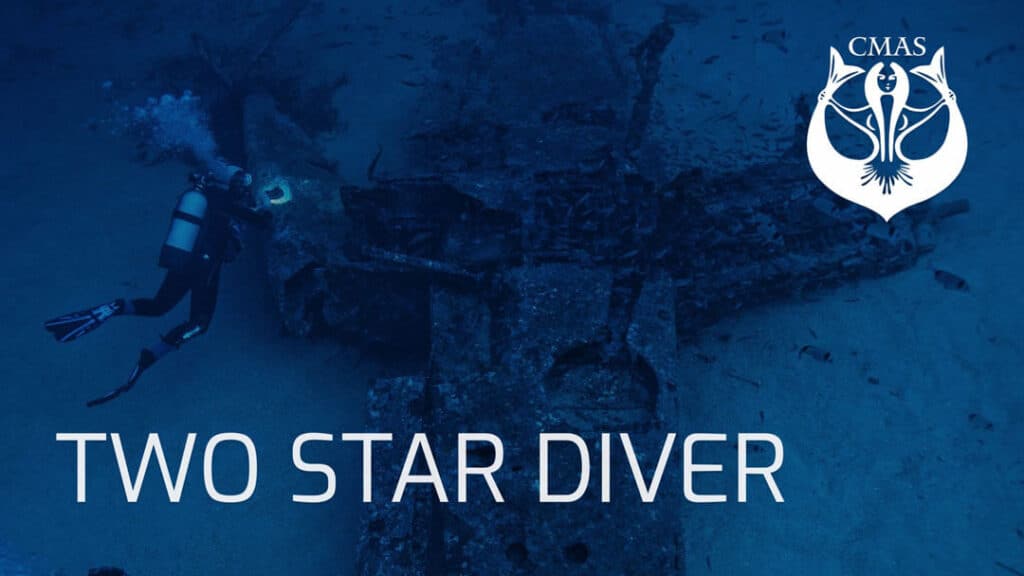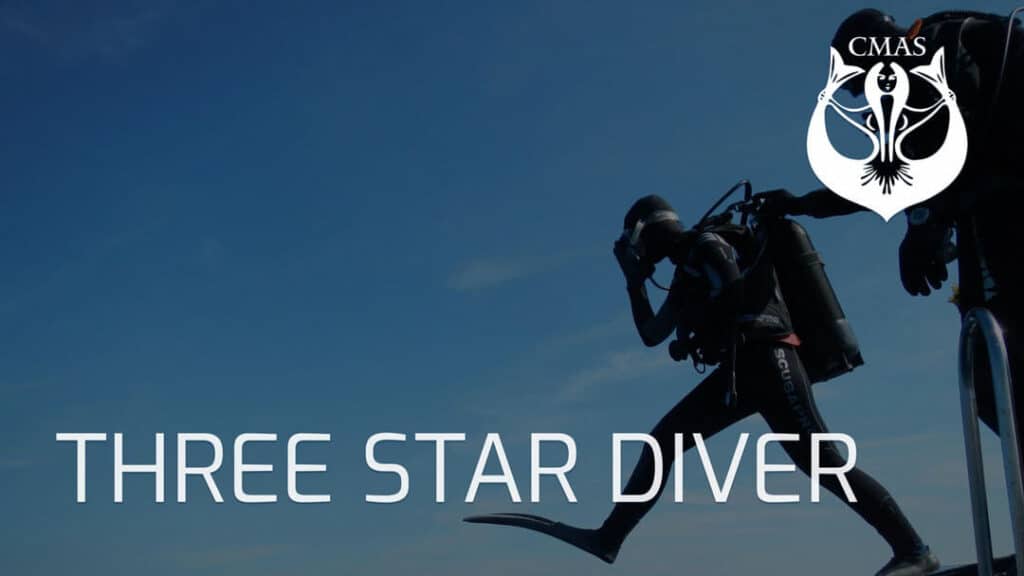There are numerous advantages to enrolling in a CMAS diving course, including:
1. Global Recognition: CMAS certifications are recognized worldwide, allowing divers to dive in different countries with a level of credibility. Whether you are traveling for recreational diving or working as a professional, a CMAS certification opens doors to opportunities around the globe.
2. Safety: CMAS courses emphasize safety at all levels, ensuring that divers are well-prepared to handle emergencies and unpredictable underwater situations. With proper training, divers can mitigate risks and enjoy diving with peace of mind.
3. Structured Learning: CMAS provides a structured pathway for diving education, with clear progressions from beginner to professional levels. This structured approach ensures that divers are gradually introduced to more advanced techniques and environments.
4. Environmental Awareness: CMAS promotes environmental sustainability and the protection of underwater ecosystems. Through their courses, divers learn about marine life, conservation, and responsible diving practices that minimize their impact on the environment.
5. Personal Growth: Diving is not just about exploring the underwater world; it’s also about personal growth. The physical and mental challenges of diving push individuals to develop greater self-discipline, problem-solving abilities, and a sense of confidence and accomplishment.
6. Community and Networking: By becoming a CMAS-certified diver, individuals join a global community of divers who share similar interests and passions. CMAS often organizes events, competitions, and gatherings where divers can meet, network, and share experiences.
Choosing the Right CMAS Course
When selecting a CMAS course, it’s essential to consider your experience level, goals, and interests. Beginners should start with the One-Star Diver course, while those with some experience can pursue the Two-Star or Three-Star courses. Freedivers, on the other hand, should choose a freediving course based on their interest in breath-hold diving.
It’s important to note that CMAS certifications are valid for life, but it’s recommended that divers refresh their skills regularly to stay up to date with the latest safety procedures and diving techniques. Some divers also choose to specialize in areas such as underwater photography or wreck diving, for which additional courses are available.




